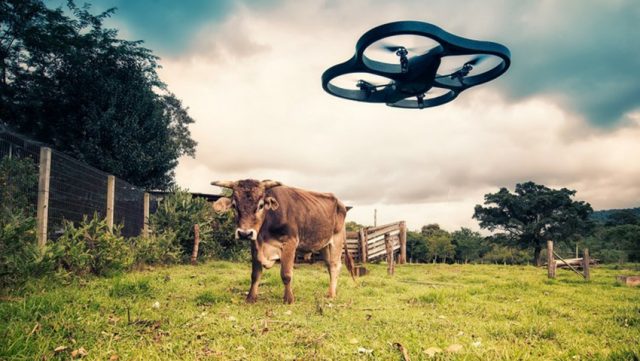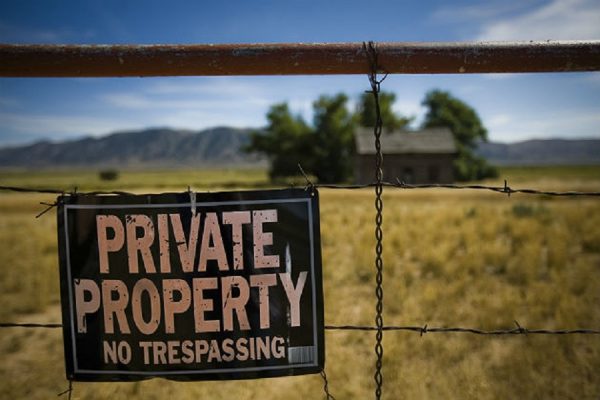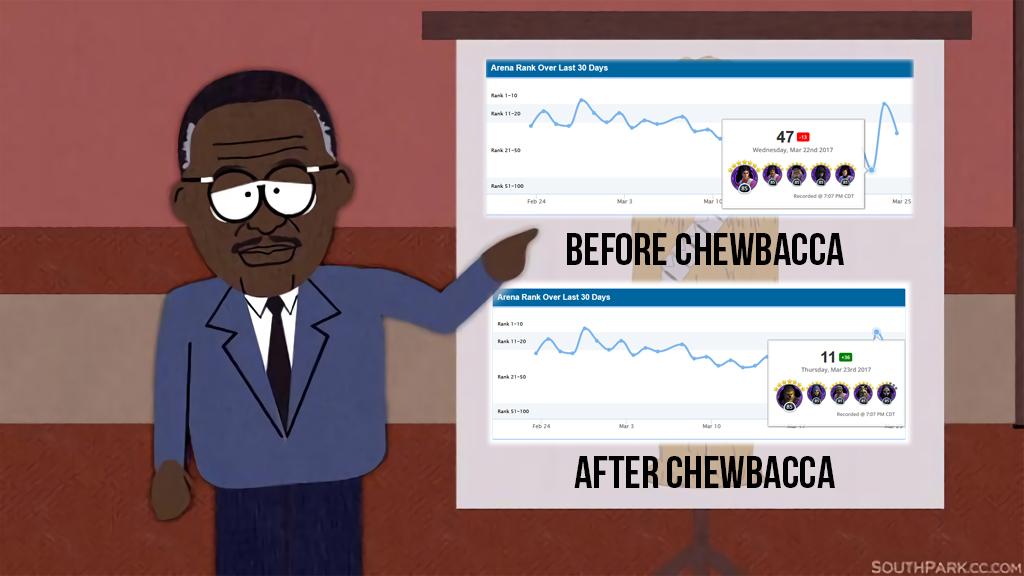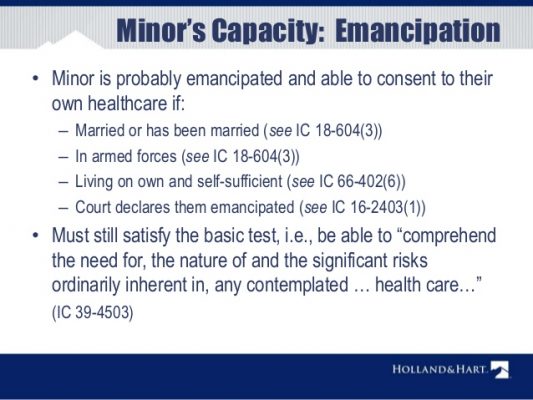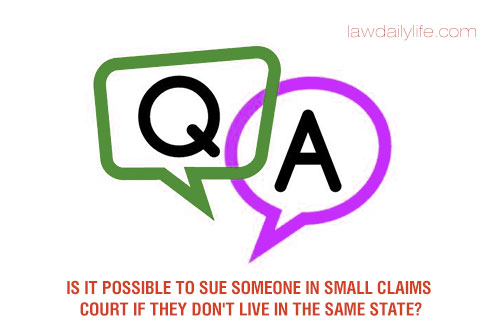Another day, another FAA regulation on drone use. First it was frowning upon attaching flamethrowers to drones in order to roast turkeys in the back yard. Now, the man is trying to tell us that if we want to deliver beer via drone, we need something called a “pilot certificate.”
The FAA issued new commercial drone rules this week, and the big news is that commercial delivery drones will be legal by the end of the summer. But, as always, the devil is in the details.
Rules, Rules, and More Rules
As reported by Ars Technica, the new regulations include “a new ‘remote pilot certificate,’ a blanket ban on night flights, and a requirement that all flights remain below 400 feet or within 400 feet of a structure.” The FAA also says that “you must keep your drone within sight.” Some other restrictions that would appear to hinder using drones for commercial delivery:
You can’t fly a small UAS over anyone who is not directly participating in the operation, not under a covered structure, or not inside a covered stationary vehicle. No operations from a moving vehicle are allowed unless you are flying over a sparsely populated area.
The FAA did note that drone users can request a waiver off most of these operational restrictions if he or she can prove such operation will be safe.
License to Drone
Obviously the biggest new restriction is the so-called pilot certification. In order to operate a commercial drone, you will need a “remote pilot airman certificate with a small UAS rating.” While this sounds like a Cracker Jack prize, it should be easier to come by. You just need to pass an initial aeronautical knowledge test at an FAA-approved knowledge testing center. Or, if you already have a Part 61 pilot certificate (other than a student pilot certificate) you can take a small UAS online training course provided by the FAA and make sure you’ve completed a flight review in the previous 24 months.
So make sure you get properly certified, or your proverbial wings will get clipped before your drone delivery service gets off the ground. And if you need more clarification on the FAA’s drone rulebook, check with an experienced aviation attorney in your area.
